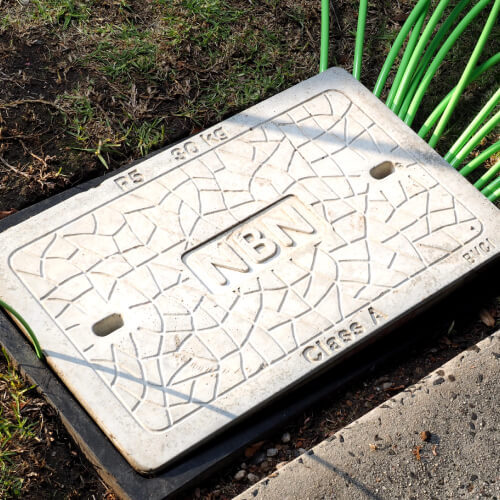Communications Minister Michelle Rowland said that the offer would lead to some price increases of up to 3% above inflation and was "not acceptable."

The Australian government has told national broadband wholesaler NBN Co to go back to the drawing board on wholesale pricing.
The Albanese Labor government, elected just two months ago, has also confirmed it intends to keep the state-owned business in public hands and that it aims to expand fiber access.
Regulator ACCC and NBN Co have been in consultation for more than 12 months over the NBN's revamped wholesale pricing model, which is intended to take the industry to 2040.
NBN presented its new pricing offer – technically known as the special access undertaking (SAU) variation – to the ACCC in March.
Figure 1:  The latest change of government means a reset not just of NBN pricing, but its politics and economics as well.
The latest change of government means a reset not just of NBN pricing, but its politics and economics as well.
(Source: STRINGER Image/Alamy Stock Photo)
But Communications Minister Michelle Rowland said in a statement Wednesday that the offer would lead to some price increases of up to 3% above inflation and was "not acceptable."
She said the proposed price structure was "underpinned by unrealistic revenue expectations," reflecting the previous conservative government's plan to privatize the company.
Rowland and Finance Minister Katy Gallagher wrote to NBN Co calling for a "reset" to determine "a realistic expectation about future returns to shareholders."
They said the revised price plan should take effect by July 1 next year.
It is difficult to imagine that the government's decision surprised anyone. NBN had failed to win over any of the leading retail broadband providers or the ACCC itself (see Australian regulator rejects NBN price revamp).
As Rowland pointed out, NBN's approach to pricing was being driven by a government determined to sell off the asset (with Telstra, fresh off an NBN-friendly restructure, the most likely buyer).
'Space for problem-solving'
Just as important, the change of government in May "has created space for problem-solving," Rowland said.
It was a Labor government 15 years ago that proposed the original NBN – and it has been at the mercy of political forces ever since.
When a new government took office in 2013, it controversially dumped the original 93% fiber plan for a supposedly more cost-effective "technology mix" of HFC, FTTN, copper and wireless, with FTTH accounting for a fifth of all connections.
Want to know more? Sign up to get our dedicated newsletters direct to your inbox.
Only last year was it revealed through a leak that the actual deployment cost per household was three times higher than forecast.
The result is that despite the massive outlay of taxpayer funds –A$57 billion (US$39.6 billion) according to one estimate – Australia ranks 66th on the global broadband speed index. Neighbors Singapore and New Zealand, who have executed fiber-heavy national broadband plans, rank 2nd and 12th, respectively.
The latest change of government means a reset not just of NBN pricing, but its politics and economics as well.
Related posts:
— Robert Clark, contributing editor, special to Light Reading
Read more about:
AsiaAbout the Author(s)
You May Also Like











